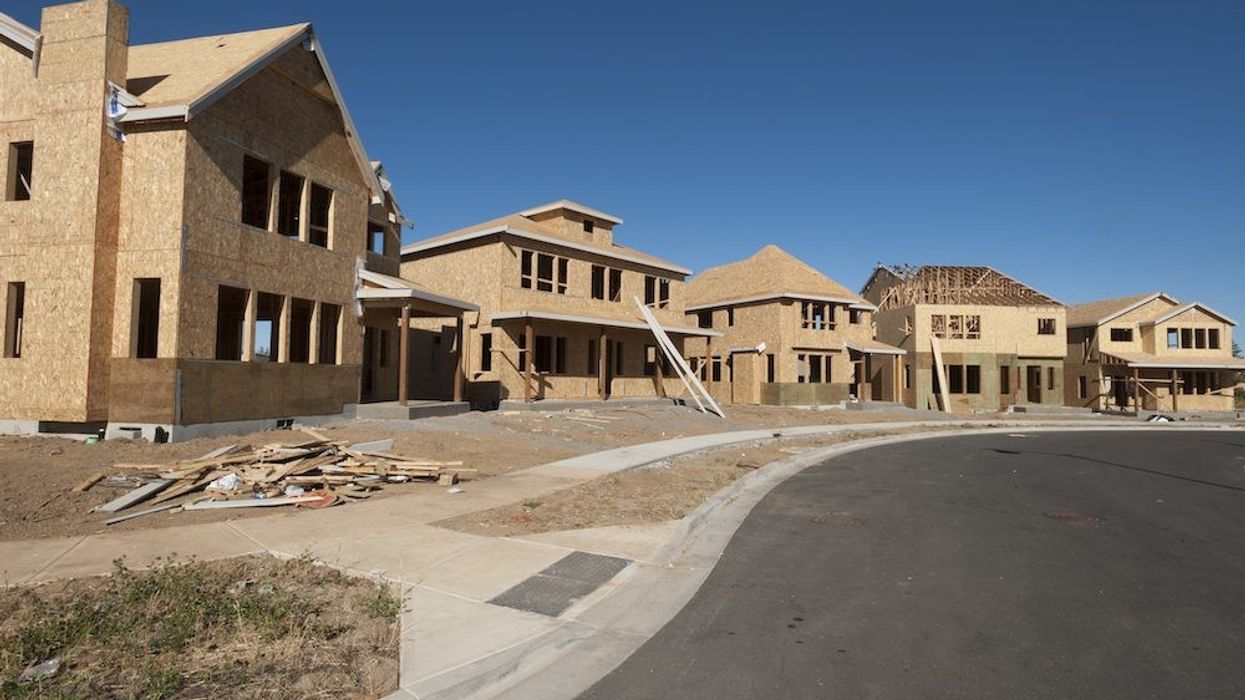In the recent throne speech, it was good to hear the provincial government reiterate its commitment to getting 1.5M new homes built over the next 10 years in Ontario. Equally important, there was recognition that a lot more work needs to be done in order to reach that target.
Premier Doug Ford and his team pledged to provide the tools municipalities need to break through the logjams that have historically slowed the speed of construction. A few days later, Municipal Affairs and Housing Minister Steve Clark introduced the Strong Mayors, Buildings Homes Act which will grant mayors in Toronto and Ottawa veto powers in an effort to boost new housing supply.
The premier kept the ball rolling at the recent Association of Municipalities of Ontario conference, noting that building more homes is at the top of the list and promising that in the coming months, leaders in other municipalities would be granted similar authority as in Ottawa and Toronto.
The province is stepping up to the plate. However, serious, prevailing and systemic issues remain at the municipal level which are hampering the residential construction sector from delivering housing supply.
Across Ontario, it takes far too long to get housing developments approved. Processes are cumbersome and need to be streamlined. For starters, we must have standardized and digitized data exchange guidelines, so municipalities are working on the same platform. This will result in quicker builds.
RESCON has proposed the One Ontario platform be adopted to come up with common standards. It has been supported by a number of visionary organizations that have made significant financial contributions.
But we must also change attitudes. We are systemically managing development applications very badly and allowing NIMBY baby boomers to guide the ship by controlling local politicians. The main concern of many of these politicians is getting re-elected at the expense of thousands without housing, including their own kids. The NIMBYs want to have their cake and eat it too. But we must have more housing density.
We must end exclusionary zoning policies, as they are too restrictive and limit the types of housing that can be built. Presently in Toronto, 70% of land is zoned for detached houses only.
READ: New Task Force Proposal Will Open Up the Yellowbelt… And It’s About Time
Municipalities like Toronto are also not helping the cause by raising development charges by a whopping 46%. The charges will be passed on to buyers -- the very people who can least afford it.
Development charges for detached and semi-detached houses are being raised to $137,040 from $93,978 by May 2023. For an apartment with two or more bedrooms, the charge will rise to $80,218 from $55,012. The increases could result in the cancellations of housing projects going forward.
Developers are already facing plenty of headwinds when it comes to housing. They must contend with inflation, rising interest rates, supply chain and labour challenges, and the cost of moving to net-zero.
A recent CMHC report found that government fees and charges impact the cost of building a home by as much as 24% in major Canadian cities. Toronto has the highest government charges as a portion of total residential construction costs, followed by Vancouver. Montreal had the lowest.
In fact, government charges in the GTA are by far the highest in North America. They have increased between 800 and 1,000% in just over 10 years. If government charges alone were removed, the cost of a dwelling in Toronto would be 10-to-24% lower, depending on dwelling type.
Presently, there are too many fees and hurdles in the way to successfully boost housing stock. Changes must be made. Our unpredictable and antiquated development approvals process must be revamped. Fees must be lowered. and the wrinkles must be ironed out of the approvals process.
We must leave no stone unturned.





















